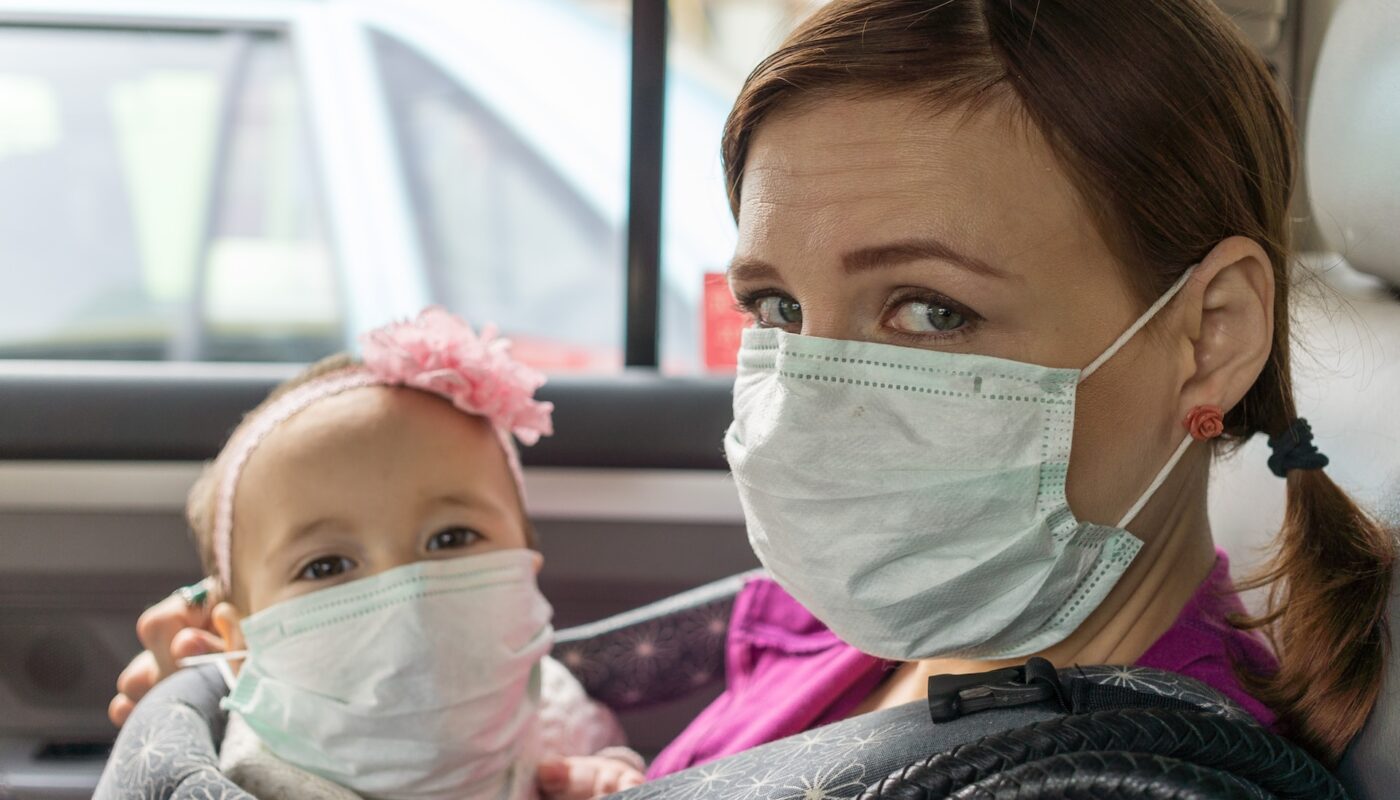Michigan citizens have some of the best access to healthcare in the nation, and many of its residents are fully insured. Despite this, Michigan ranked 32nd in overall health outcomes in 2019. It’s clear that Michigan’s poor healthcare outcomes denote a discrepancy, and understanding what that is can help save lives.

5 Reasons Why Michigan Citizens Have Poor Health Outcomes
In Michigan, you’ll receive some of the best healthcare in the country, so why are citizens experiencing such poor health outcomes?
Here are 5 reasons for the state’s health crisis.
1. Understaffed and Overworked
While there are plenty of doctors in Michigan (and far more than in other states), doctors still say that they’re understaffed and overworked. In 2023, approximately 86% of clinicians stated that they work too much, and that’s a 12% jump from numbers reported in May 2021 (at 74%).
There’s no denying that software and tools, like a care management and billing system, could help physicians deal with the heavy workload. Unfortunately, that won’t be enough. To see better health outcomes, there needs to be more adequately paid healthcare workers in Michigan.
2. Lack of Proper Health Education
Michigan has one of the lowest COVID-19 vaccination rates in the US, currently sitting at 68%. When parents were asked why they didn’t vaccinate themselves or their children, 86% said it was due to the side effects or the safety of the vaccine, while 76% said it wasn’t effective.
Lack of proper health education could be why these low numbers, but unvaccinated citizens aren’t the only conclusion of poor health knowledge. When people aren’t notified of health risks or the dangerous symptoms that could arise, they’re less likely to seek help.
3. Sky-High High Insurance Costs
The most likely reason why people aren’t going to the doctor is that it costs too much. As any American knows, being insured doesn’t mean you’ll pay nothing at the doctor’s. This leaves even the most health-educated citizens in a bind: seek medical treatment or pay a hefty bill.
When patients don’t have enough money to see a doctor, they may become unaware of potential health risks or how to prevent them. They’re also less likely to see a doctor or a specialist, which sets them up for further, more complicated health problems.
4. Implicit Bias and Prejudice
Implicit bias and prejudice are widespread in the healthcare system, not just in Michigan. Still, it greatly affects Michigan citizens, especially if they live in a low-income area or are a visible minority. On average, POCs and low-income individuals receive lower-quality healthcare.
Unfortunately, the majority of Michigan’s population falls into these two categories. Physicians need to be educated on implicit biases in the system to stop this widespread problem. It would also help if healthcare workers moved beyond blaming individuals for poor health outcomes.
5. Low Amount of Public Health Spending
Michigan was one of the hardest-hit states during the pandemic, but it was also the hardest hit when it came to healthcare cuts. A 2018 Citizens Research Council report shows that Michigan was in the top 10 for the least amount of money spent on public health, a shocking realization.
Also, since 2004, state-supported spending on health has dropped by 16%. On the surface, it seems like Michigan is beating out other states regarding public health. In reality, they’re spending their money in ways that seem to support citizens but often don’t.
Final Thought on Michigan’s Poor Healthcare Outcomes
Healthcare in the United States is an often debated topic, but there’s no debate that Michigan is facing a problem. There are many ways to solve these problems, but no one said it would be easy. To see a significant change, serious and immediate policy shifts are needed.
Michigan’s poor healthcare outcomes are a complex issue requiring a multifaceted approach to resolve. Addressing understaffing, improving health education, reducing insurance costs, combating implicit biases, and increasing public health spending are essential steps to improving healthcare in the state. By taking these measures, we can work towards a healthier Michigan with better healthcare outcomes for all its citizens.




